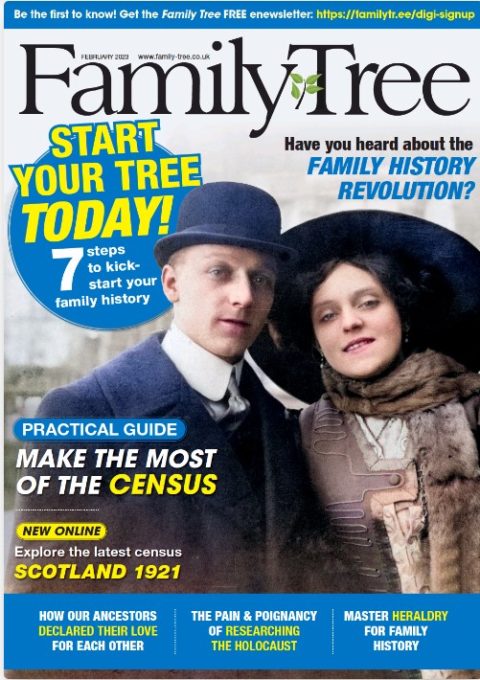 Here’s a look at the main contents for the February issue:
Here’s a look at the main contents for the February issue:
FAMILY HISTORY NEWS
Rachel Bellerby reports on the latest from the genealogy scene.
DEAR PAUL
Paul Chiddicks looks at wonderful family heirlooms and other family history miscellany,
THE FAMILY HISTORY REVOLUTION
Janet Few reflects on the past and the future of our favourite pursuit. Janet writes “… the opportunities to ‘do family history’ badly are legion. I could build a family tree of epic proportions in a few hours. It would be unsubstantiated, lacking in citations and inevitably incorrect, but I could claim it as mine and share it with the world for others to graft on to their own family trees in a similarly unthinking way.”
Janet objects to a person getting enjoyment out of the process and the result. Many of us enjoy doing things, and because of lack of expertize do them badly, including duffers on the golf course struggling to get their score lower than their 10-pin bowling score. There’s nothing new about bad family trees, back to the days when professionals made up ancestors to satisfy the egos of their clients, which it did. Even the most assiduously BCG-approved-researched ancestry may well have errors, as DNA matches can reveal. As always — caveat emptor.
WHAT’S HERALDRY EVER DONE FOR US?
Chris Broom’s enthusiasm for this historic topic is more than a littie infectious!
SCOTLAND’S 1921 CENSUS NOW ONLINE FOR YOU
Chris Paton explores the latest census.
TRACING YOUR HOLOCAUST ANCESTORS
Simon Fowler looks at the resources to help trace family impacted.
Many more records than I knew exist.
YOUR 7 STEPS TO GETTING STARTED WITH FAMILY HISTORY
Discover your first steps, and learn how to begin an onine family tree.
A guide from Findmypast.
A GUIDE TO THE CENSUS
Family Tree Academy tutor David Annal gives a useful overview of this most useful of resources – with challenges to you to try at home!
DNA WORKSHOP
DNA Advisor Karen Evans reminds us that no question is too daft, and steps up once again to help a reader.
GENEALOGY GADGETS
Readers share their famiy history gadget favourties.
Most attention is paid to the free FTAnalyzer program which helps with an overview of a GEDCOM and finding possible errors.
LOVE TOKENS
Charlotte Soares indulges in romantic history
BOOKS
Latest history-inspired reads to enjoy.
“Gripping to the point of being un-put-downable, the core story is fascinating to anyone who enjoys crime novels, and particularly those with an interest in the use of DNA in genealogy research.” is the enthusiastic review of Nathan Dylan Goodwin’s The Sawtooth Slayer. https://www.nathandylangoodwin.com/
PHOTO CORNER
Photo-dating expert Jayne Shrimpton
THOUGHTS ON… ‘
Diane Lindsay’s genealogical ponderings.


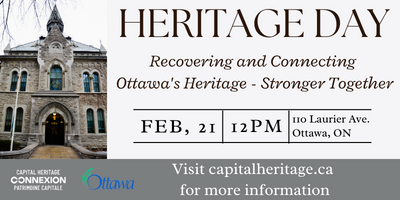
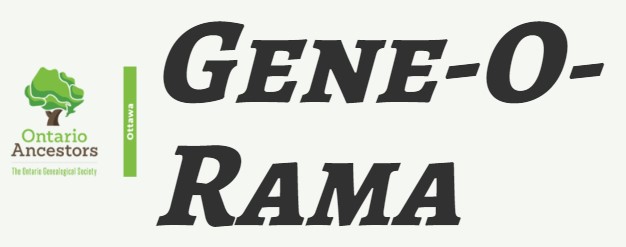 Mark your calendar for Saturday, 25 March 2023 and
Mark your calendar for Saturday, 25 March 2023 and 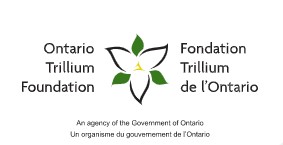 Did COVID-19 challenge your organization? In Ontario, there’s substantial community support provided by the
Did COVID-19 challenge your organization? In Ontario, there’s substantial community support provided by the 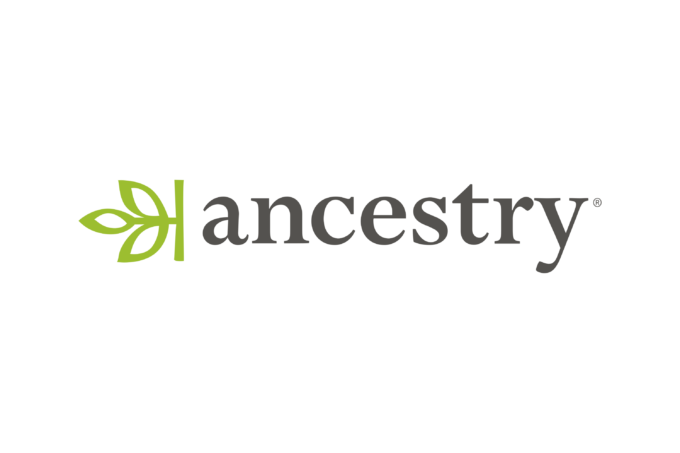 This updated collection contains 570 records, sourced from TNA ADM 318, for those who served as Officers in the Women’s Royal Navy Service (WRNS) from 1917-1919.
This updated collection contains 570 records, sourced from TNA ADM 318, for those who served as Officers in the Women’s Royal Navy Service (WRNS) from 1917-1919.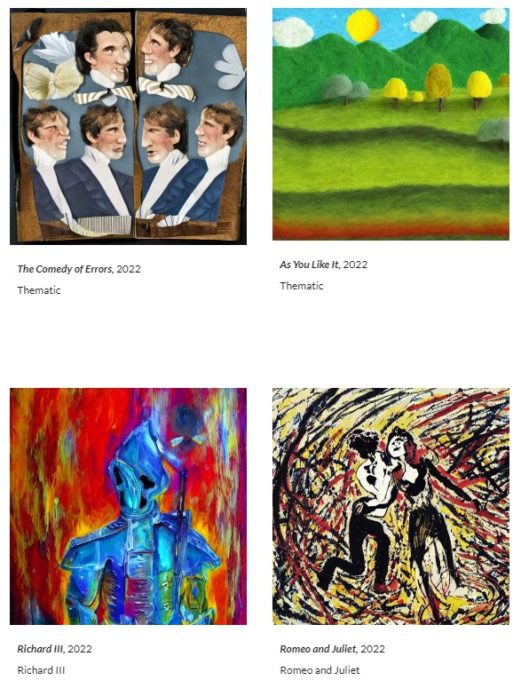

 The following is a press release from
The following is a press release from 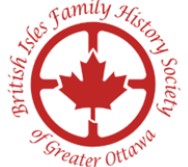 Anticipating adverse weather, the BIFHSGO meeting on Saturday, 14 January, is online only, free and open to all.
Anticipating adverse weather, the BIFHSGO meeting on Saturday, 14 January, is online only, free and open to all.